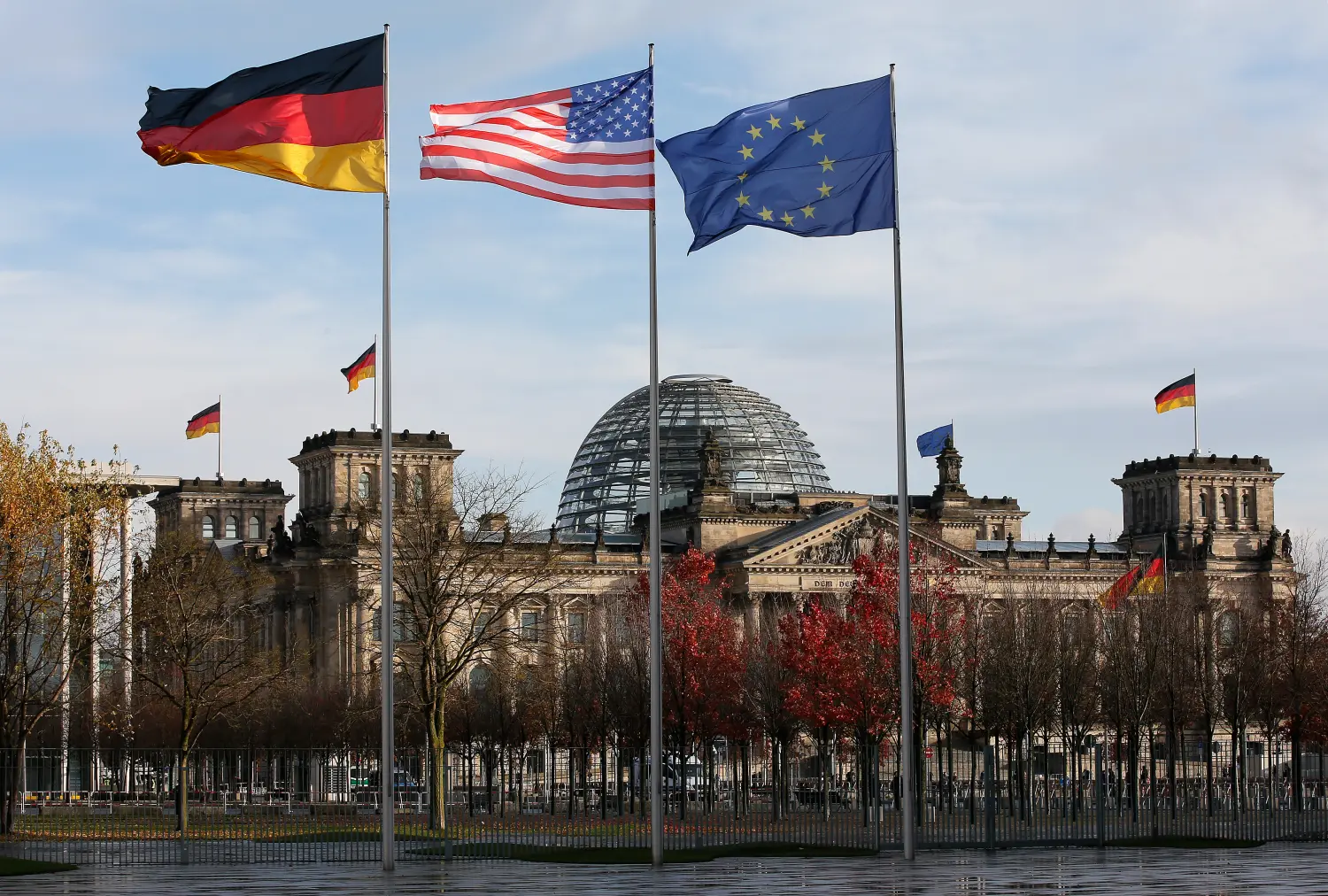INTRODUCTION
The most famous challenge to European unity abroad was articulated by Henry Kissinger in his oft-quoted question of the 1970s: “What is Europe’s phone number?”
Since then, many things have changed in the Old Continent, and while the challenge of unity remains, the question can no longer be asked in exactly the same terms. For one thing, Europe – or, more precisely, the European Union – is now larger and more powerful. It has grown from nine to 27 member states and includes 500 million citizens, almost twice the population of the United States. Europe’s GDP is larger than that of the United States. Taken together, the United States and the European Union make up more than 50% of the world’s GDP, and more than 40% if calculated in purchasing power parity. They still constitute a critical mass in the global economy and the international system.
The Brookings Institution is committed to quality, independence, and impact.
We are supported by a diverse array of funders. In line with our values and policies, each Brookings publication represents the sole views of its author(s).



